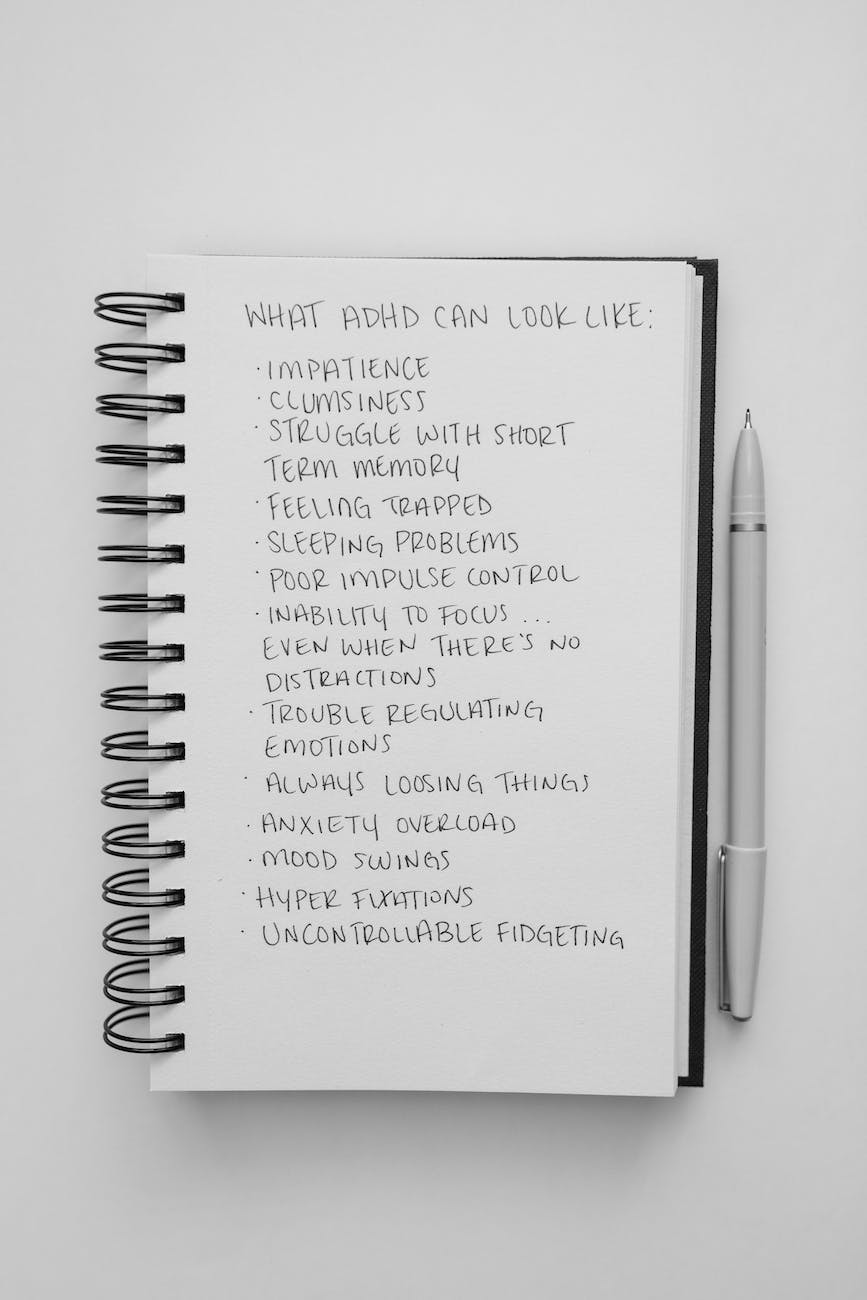Unveiling the Time Warp: A Closer Look at ADHD and Its Impact on Perception
by Kayla Ivory APC
ADHD (Attention-Deficit/Hyperactivity Disorder) adds its own twists and turns to the complex landscape of the human experience. One of these challenges, often overlooked, is the phenomenon of time blindness. This elusive aspect of ADHD can significantly affect individuals’ lives, relationships, and overall well-being. In this blog post, we delve into the concept of time blindness and explore its profound implications on individuals with ADHD.
Understanding Time Blindness:
Time blindness, a characteristic trait associated with ADHD, refers to the difficulty individuals face in accurately perceiving and managing time. While many people may occasionally lose track of time, for those with ADHD, this experience is a persistent and pervasive struggle. The sense of time passing becomes nebulous, leading to difficulties in planning, organization, and meeting deadlines.
The Neurological Basis:
To comprehend time blindness, it’s essential to explore the neurological underpinnings of ADHD. The disorder is linked to imbalances in neurotransmitters like dopamine and norepinephrine, affecting the brain’s executive functions. These executive functions include skills crucial for time management, such as attention, working memory, and self-regulation. As a result, individuals with ADHD often find it challenging to maintain a linear perception of time.
Impacts on Daily Life:
The consequences of time blindness extend beyond occasional tardiness. Individuals with ADHD may struggle with prioritizing tasks, estimating the time required for activities, and managing their schedules. This can lead to heightened stress levels, strained relationships, and difficulties in the workplace or academic settings. The constant battle against time blindness can contribute to a sense of frustration and inadequacy, further impacting mental health.
Coping Strategies: Recognizing and addressing time blindness is a crucial step toward managing ADHD effectively. Here are some practical strategies for individuals, their loved ones, and mental health professionals:
- Visual Aids and Timers: Incorporating visual cues and timers into daily routines can provide a tangible sense of time passing, helping individuals stay on track.
- Structured Planning: Breaking tasks into smaller, manageable steps and creating a structured daily schedule can assist in mitigating the effects of time blindness.
- External Support: Engaging the support of friends, family, or colleagues to provide gentle reminders and encouragement can be immensely beneficial.
- Mindfulness and Time Management Techniques: Incorporating mindfulness practices and specific time management techniques can enhance self-awareness and improve time perception.
Time blindness is a nuanced aspect of ADHD that significantly influences the daily lives of those affected. By fostering understanding and implementing effective coping strategies, individuals with ADHD can navigate their challenges more successfully. Mental health professionals play a pivotal role in supporting individuals with ADHD, providing guidance, and helping them develop strategies to manage time more effectively. As we unravel the complexities of ADHD, addressing time blindness emerges as a crucial step toward fostering a more inclusive and supportive environment for those navigating this intricate neurological landscape.
Here is an additional resource on time blindness that provides a more in-depth look.

View comments
+ Leave a comment